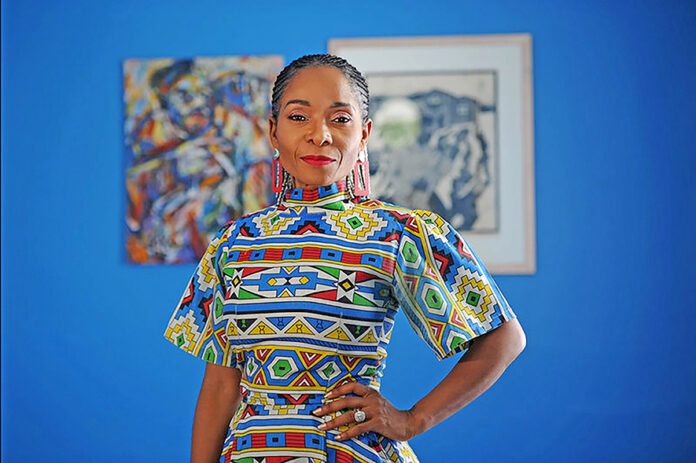Maths education trailblazer and the first African to be elected chair of the International Alliance of Research Universities, professor Mamokgethi Phakeng, tells Sunday World of some firsts in her tenure that are more special to her than her many accolades.
The 56-year-old former University of Cape Town (UCT) vice chancellor (VC), whose last day in office was on March 3, said in her tenure as head of Africa’s leading university, more than 40% of UCT students are first in their families to go to university.
“That’s a first for UCT,” Phakeng told Sunday World, on the eve of her last day as vice-chancellor.
“Last year, we had 42% of our new intake across faculties being first in their family to go to university. This year, we had more. We have more than 50% of students being black and it wasn’t like that when I took office.”
She was appointed VC on July 1 2018 after serving as UCT’s deputy vice-chancellor for research and internationalisation.
Phakeng, who was awarded the first Africa Education Medal that recognises the work of changemakers who are transforming education in Africa, said recruiting students from low socioeconomic backgrounds not only changes the demographics of a university, but requires leaders to understand what it means to be poor.
She explained: “As we increased the number of students from poor socioeconomic backgrounds and under-represented groups, it meant we have to understand poverty.
“Poverty is a burden. It doesn’t matter how bright you are. You come to UCT, you have achieved the top results, you have a top scholarship and at UCT it is the first time you seat side by side with a student from a wealthy background who drives a Porsche to school and has never had to suffer for anything.
“Intellectually, you are at the same level with them, but where you lack is the cultural and social capital.
“Cultural and social capital is what carries you throughout your academic journey, because when you are in class, it is what gives you the confidence to say “excuse me, prof, I don’t understand this.
“It is cultural capital that tells you that actually it is allowed to do that; it is not disrespectful, and there’s nothing wrong with that.
“If you didn’t’ have the cultural capital, you’d think I didn’t understand that; it is my problem. I’m smart, so why don’t I understand that. Then you think you have to solve the problem yourself.”
Phakeng said that was why she relished at opportunities to encourage students from poor economic backgrounds and under-represented groups to achieve their full potential.
“One of my obsessions is not just to recruit students from poor backgrounds, it is also to recruit international students.
“It is good for students, particularly for those students who are from poor socioeconomic backgrounds who didn’t get to go overseas for their studies.”
She said black staff also deal with similar challenges.
“Black staff members come to UCT and many of them have complained that they felt marginalised and we have tried to deal with that,” she said.
“When you come as a black staff member, you should not be put in the tea room and told that ‘we will find you an office’. Then, you spend the whole two weeks in the tea room when you are actually an associate professor.
“It was little things like that. It might not have been deliberate, but when a white person comes because they have connections, they can find an office quickly.
“[As a black academic], you don’t have anyone to connect with, because there aren’t many of you. Sometimes you get into a department in which you are the first and only black person.”
Phakeng added that she is taking time off for a few months to take care of herself and her physical and mental wellbeing.
For more education news from Sunday World, click here.
Follow @SundayWorldZA on Twitter and @sundayworldza on Instagram, or like our Facebook Page, Sunday World, by clicking here for the latest breaking news in South Africa. To Subscribe to Sunday World, click here



